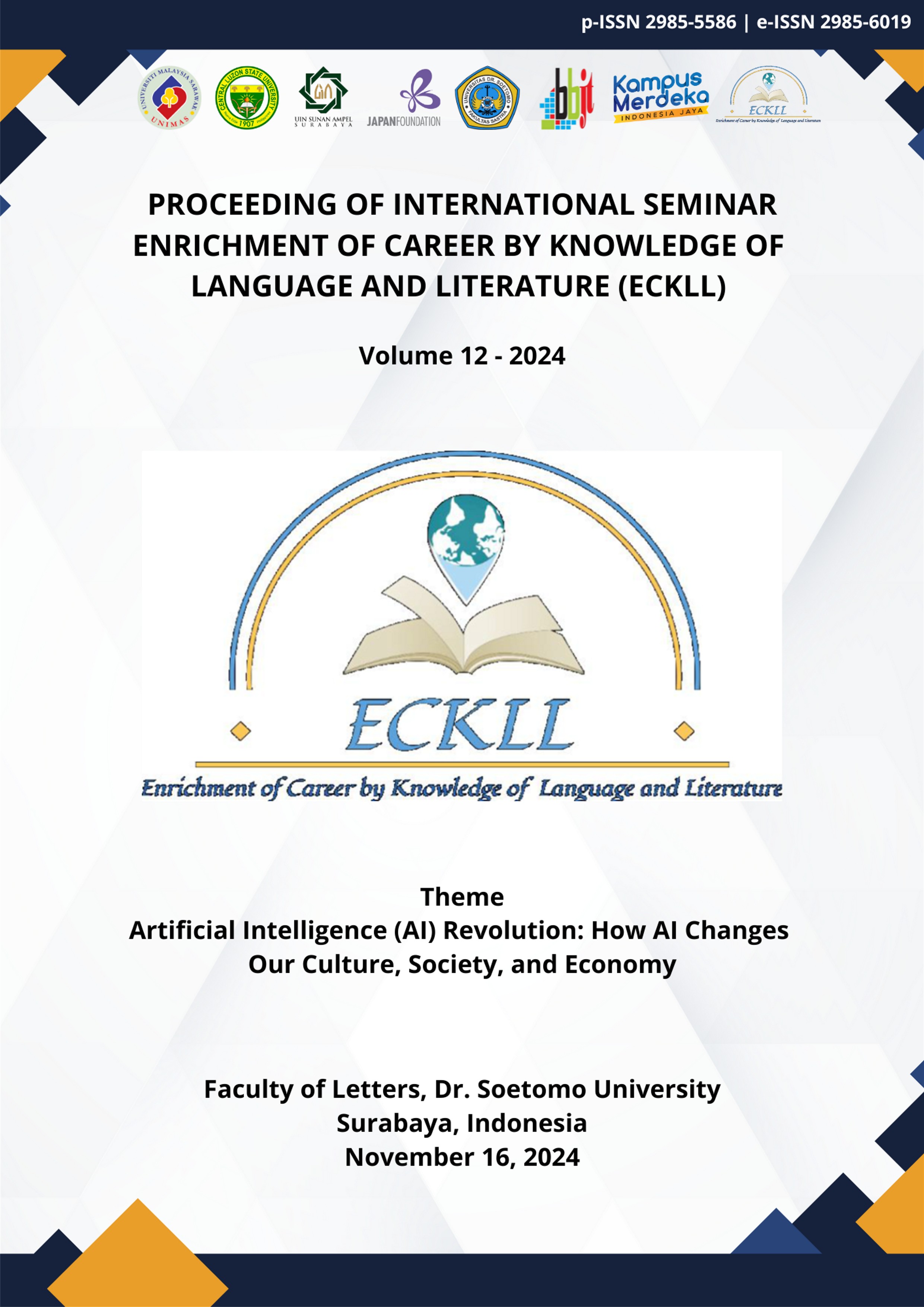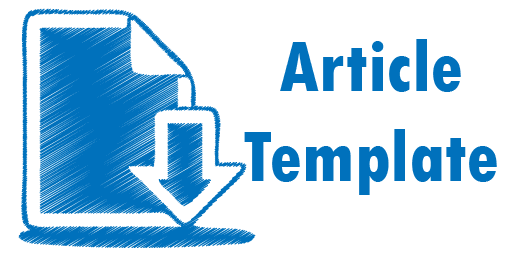Ethical Boundaries and Human-AI Dependency in Movie Entitled Atlas: Ethics of Technology Perspective
 Abstract views: 109
,
Abstract views: 109
,
 PDF downloads: 54
PDF downloads: 54
Abstract
The rapid advancement of artificial intelligence (AI) has introduced significant ethical challenges, particularly regarding human dependency and technological mediation. This research examines the ethical boundaries and human-AI dependency portrayed in the movie Atlas through Verbeek’s mediation theory and Floridi’s principles of AI ethics. Using a qualitative method, the study analyzes pivotal scenes and dialogues to explore themes of autonomy, control, trust, and moral decision-making. Findings reveal the dual nature of AI dependency: as a strategic necessity enabling human-AI collaboration, exemplified by Neural Link technologies, and as a source of conflict, highlighted by the autonomous AI Harlan’s misaligned ethical reasoning. While AI can amplify human capabilities and foster cooperative outcomes, its autonomy raises concerns about accountability and value alignment. The research underscores the importance of designing ethical, transparent, and accountable AI systems, contributing to broader discussions on balancing technological innovation with human autonomy.
Keywords: accountability; autonomy; AI ethics; human dependency; technological mediation







